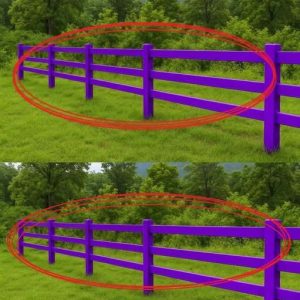Twelve-year-old Leo Morales never imagined one act of courage could change two lives forever.
The late-afternoon sun turned San Aurelio golden as Leo, barefoot and carrying a burlap sack, scavenged bottles for coins. Months of survival had darkened his skin and smudged his cheeks, but his eyes held quiet resilience. Since his grandmother Rosa’s death, her words haunted him: “Being poor isn’t shameful, mijo. Losing your honesty is.”
A scream shattered the riverbank calm. A man in a fine suit thrashed in the water. Crowds shouted, filmed, froze. Leo didn’t think—he ran, diving into the river. Cold water slapped him as he fought the current, pulling the man inch by inch to shore. When they collapsed, gasping, Leo recognized the name whispered in awe around him: Edward Donovan, the city’s most powerful businessman.
“Why… why are you doing this?” Leo asked days later, when Donovan, grateful and changed, offered him a full scholarship, an apartment, and a future.
“Sometimes,” Donovan said quietly, “it takes a child to remind a man what’s worth living for. I wasn’t just drowning in that river; I was drowning in my life.”
Life changed overnight. The Donovan Foundation gave Leo school, clothes, a bed, and a chance. Bright and kind, he thrived. Donovan launched The Rosa Initiative, named for Leo’s grandmother, to help other underprivileged children.
Years later, Leo graduated, becoming an engineer who built affordable homes for families like his own. He sometimes returned to the river bend, sunlight rippling on water, reflecting: “I didn’t just save a man. I saved a soul. And he saved mine too.”
In a city that once overlooked him, Leo Morales grew into a symbol of hope—a reminder that courage, even from the humblest hands, can rewrite destiny.





